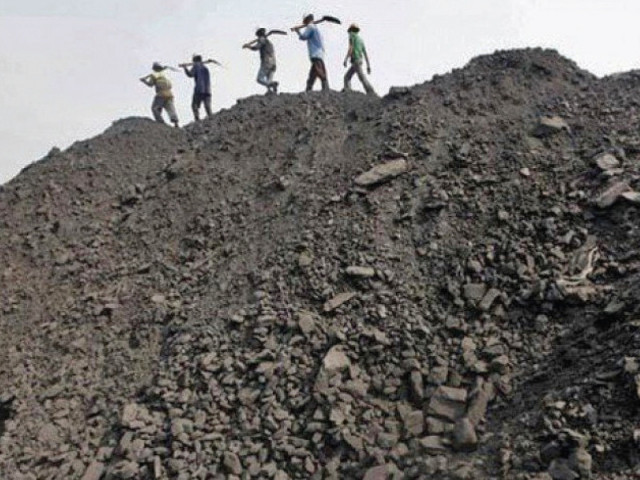Punjab govt brings no new taxes
Adjustments in tax ratios, amendments to bills aim to balance inflation, revenue needs

The Punjab government has made a promising declaration that there will be no new taxes imposed for the upcoming fiscal year. However, the provincial government has altered some taxation ratios through its proposed finance bill presented before the provincial assembly during the budget session on Thursday. Such an increase in the ratios of levies will tune the rates to a reasonable level, as most of the rates and fees the provincial government charges through its different departments were exceptionally low compared to the current inflation level.
On the revenue side, for FY2024-25, the total General Revenue Receipts of the provincial government are estimated at Rs4,643.4 billion, including Federal Divisible Pool (FDP) transfers of Rs3,683.1 billion and Provincial Revenues of Rs960.3 billion. Barring the FDP share, the Punjab Revenue Authority is the single largest tax-collecting entity, with an estimated tax collection of Rs300 billion for FY2024-25. The current expenditure of the government is expected to be Rs2,633.8 billion.
On the other hand, in the finance bill, the Punjab government has proposed an amendment in the property tax collection by introducing the self-assessment model and changing the tax calculation mechanism from a rental-based valuation system to a capital value system. By doing so, the government will bring almost all the 5 marlas exempted category houses in the tax net in urban centres of the province including Lahore, Rawalpindi, Faisalabad, Sialkot, Multan, and others as the value of small houses have now exceeded the benchmark of Rs5 million.
The provincial minister said the proposed changes to Urban Immovable Property Tax are aimed at enhancing transparency and public benefit by transitioning from a rental-based valuation system to a capital value system. This shift will provide a clearer and more equitable method of assessing property taxes. Introducing self-assessment will further promote transparency, as property owners will have a direct role in determining their tax obligations, fostering a sense of accountability within the community.
The provincial government, in line with the federal government, has also amended the motor vehicle registration regime from engine capacity to the value of the vehicle. By doing so, the government will collect more tax from high-value vehicles, keeping in view the great variation in prices of various model vehicles with the same engine capacity. The government has also introduced the imposition of the lifetime token tax on subsequent purchasers for 10 years with a 10% depreciation in the tax rate for each financial year after registration in order to mobilise the revenue.
Furthermore, the government has raised different types of court fees from the existing 0.50 paisa-Rs20 to new court fees of Rs100-Rs1000. The Board of Revenue (BoR) has proposed amending the Court Fees Act, 1870, for the enhancement of fees since such fees have not been revised for a considerable time. The proposed changes are necessary for maintaining the equilibrium between the rates of fees and the rate of inflation, reasoned the BoR.
The BoR has further proposed to amend the Stamp Act, 1899, to revise the current rates of stamp duties mentioned in Schedule I of the Act. Through these proposed amendments, different stamp duties from the existing Rs1200 will increase to Rs3000.
The Bill also proposed amending the Excise Duty on Minerals (Labour Welfare) Act, 1967 (VIII of 1967) on the recommendation of the Mines and Minerals Department. Consequent to the 18th amendment in the Constitution of Pakistan 1973, the subject of ‘Welfare of Labour’ was devolved to the provinces. The cess duty imposed for promoting the welfare of labour employed in the mining industry, ranging from Rs1 to Rs5 per tonne, was fixed during 1979 and after 45 years, the expenditure on welfare projects has increased by 500%. To expand the coverage of welfare facilities and fill the deficit gap in needs and available monetary resources by the Mines & Minerals Department, the enhancement in the rate of excise duty (Mines Labour Welfare Cess) ranging from Rs30 to Rs50 per tonne has been proposed.
The bill has also proposed amendments to the Punjab Sales Tax on Services Act 2012 to end the litigation being faced by the Punjab Revenue Authority in respect of adversely impacting the provincial revenues.



















COMMENTS
Comments are moderated and generally will be posted if they are on-topic and not abusive.
For more information, please see our Comments FAQ